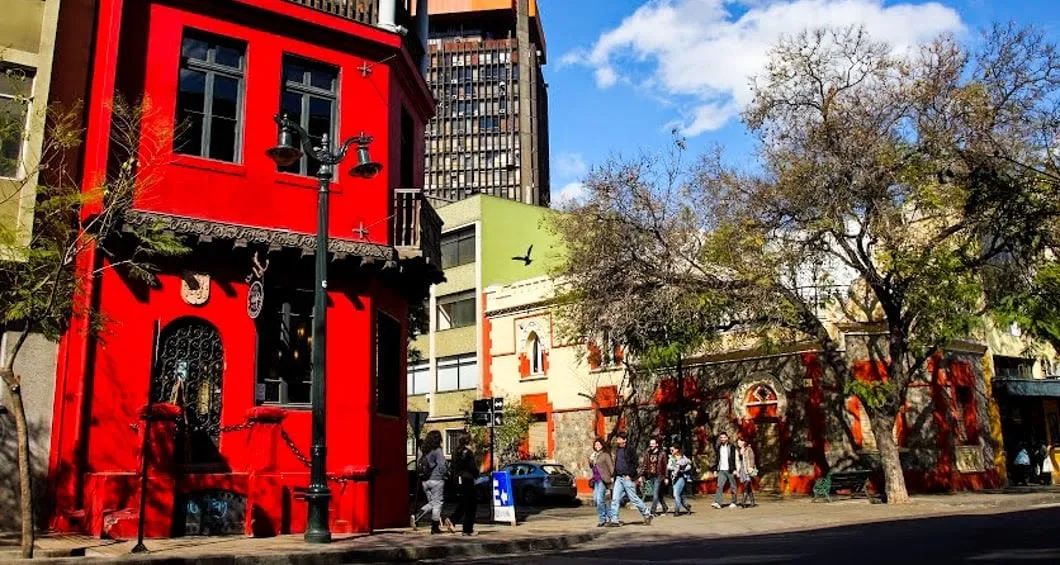Money in Argentina
- Argentina Overview
- Best Time to Visit Argentina
- Argentina Visa Requirements
- Argentina Flights
- Weather in Argentina
- Languages of Argentina
- Argentina Food
- Safety in Argentina
- Staying Healthy in Argentina
- Internet & Calling in Argentina
- Argentina Travel Insurance
- Argentina Packing List
- Money in Argentina
- Argentina Holidays
- Argentina Articles
- Argentina Recommended Hotels
Money, Budgeting & Tipping for Argentina
The currency in Argentina is the Argentinean peso. The Argentinean peso is subject to inflation and changes on an almost daily basis. When looking to exchange currency, take note that there is an official exchange rate and an unofficial exchange rate. You may be able to get more for your US dollar if you exchange with money-changers on the street or with exchange agencies. But it is safer and convenient if you exchange currency at a hotel or bank. Credit card issues use the official exchange rate, so you will be better off paying with cash for smaller purchases.
It is always a good idea to arrive in South America with some cash in USD. This rings true for Australians and Europeans as well. The exchange rate is always better with USD than with the Euro or any other currency. It’s also a smart idea to bring two types of credit card, just in case one is not accepted. If you are concerned about your credit card information being stolen abroad, upgrade your credit card to the chip-installed version for extra security protection. Credit cards that are commonly accepted abroad include Visa, MasterCard, and Diners Club. Some merchants and restaurants will add a credit card transaction fee.
Notify your bank well in advance that you will be traveling to Argentina. For certain banks, such as Wells Fargo, you will have to add a “Travel Plan,” so that you can use your debit and credit cards in locations outside of your home country. ATM’s will be plentiful in major cities as well as small towns. You shouldn’t have a problem finding one to withdraw some cash. While shopping, you may be asked to show your ID, such as a driver’s license. In this case, it is best to make a copy of your passport or carry your ID with you, and leave your passport in the hotel safe.
Beware of counterfeit bills. If you exchange currency on the street, you may be subjected to counterfeit bills. Consider purchasing a marker that can help detect counterfeit bills, from shops in Argentina. These markers cost a few pesos and also work on Peruvian and Bolivian currency. Meals and drinks will generally cost half to two-thirds the price you’d see in the United States or in Canada. There is no sales tax in Argentina, though some hotels will add 21% to the bill.
As for tipping, you can add 10% if you think the service has been good. You can also tip porters a quarter to a dollar per bag. You don’t need to tip taxi drivers. Professional tour guides appreciate a $5 tip per day, and drivers expect a $2 to $3 tip per day. If you have an exceptional private guide, consider tipping up to $10.
For shopping in Argentina, Buenos Aires is the best place to buy antiques, art deco-style furniture, artwork, fashion, leather, and gaucho-style textiles. Head to the San Telmo Antiques Market that opens every Sunday. This 20-block market has all sorts of art, handcrafted goods, and street food available. It is a must for travelers craving a fabulous international shopping experience.



